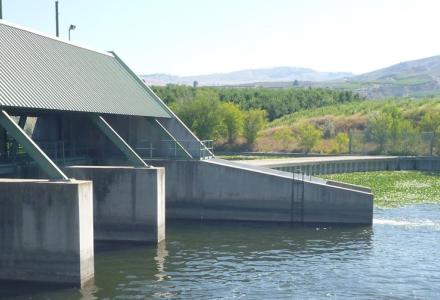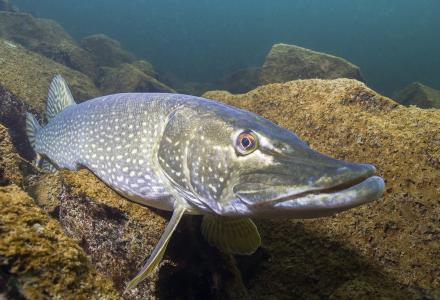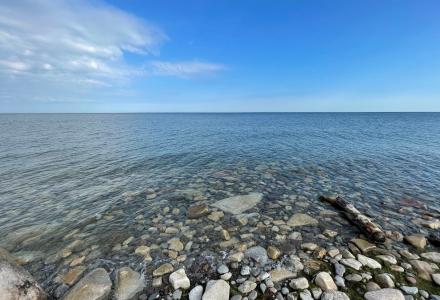
A current study in the Souris River basin will recommend improvements to the 1989 international agreement that governs the operation of the four major dams in Saskatchewan and North Dakota. As the study group gets closer to identifying potential solutions to water supply and flooding issues in the basin, it seeks regular public and community feedback to ensure that many interests will be considered in the final study report.
The study recently held a webinar and two workshops, one each in Canada and the United States, with participants from public and resource agency advisory groups to present and gather feedback on potential operating scenarios for the dams. Members of these groups act as the study’s eyes and ears on the ground, representing views from the basin population.

Public members were presented with existing model performance indicators, to see if the indicators make sense or if some are missing. Performance indicators represent different interests in the basin, and are used to show how changes in water levels or flows could affect the natural and built environment.
The study board also described preliminary thoughts on alternatives to reservoir operations to see if the ideas and information made sense to the public advisory groups. Public Advisory Group members from both countries made several suggestions to clarify the performance indicators used in the study, such as including Indigenous and Tribal concerns.
The study welcomed representatives from US tribes, including the Mandan, Hidatsa and Arikara (MHA) Nation. There is an interest from the board to provide an opportunity for more feedback from tribes, First Nations and Métis in the basin.
Representatives from government and other agencies serving on the study board’s Resource and Agency Advisory Group (RAAG) also participated in the workshops. These members commented on possible new regulation plans from the perspective of their respective agencies.
There was a consensus among participants that the operating plan should be modified to allow more operational flexibility to address changing conditions more quickly. The RAAG also raised the issue of climate change, and how to integrate this complicated issue into study recommendations. The study’s newly-formed Climate Advisory Group will use historical analysis, hydrologic modeling and projected climate models to analyze potential impacts that climate change might have on operations of the Souris River project.
This series of workshops helped bring new ideas to the table and refocus the study on priority areas and best ways to evaluate possible alternatives. Over the next few months, the study’s technical teams will distill the feedback into a series of alternatives that capture the concerns of the RAAG and PAG.
Learn more about the International Souris River Study at www.ijc.org/en/srsb. While there, subscribe to receive news and updates from the study.


